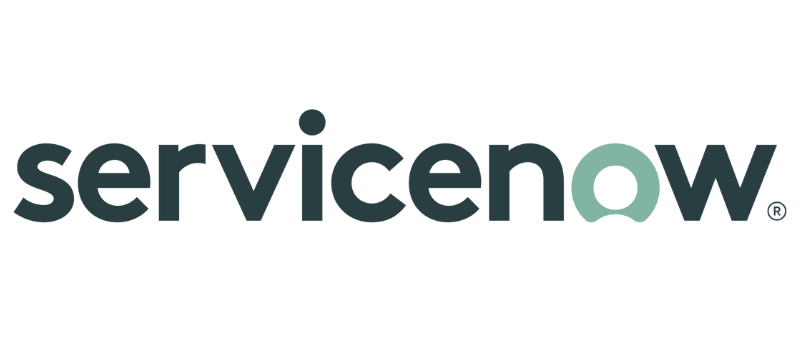Leading with Intelligence: The People Leader Experience in AI-Enhanced HR (2024)
In today's competitive landscape, embracing AI is not just an option but a strategic necessity for fostering innovation and ensuring sustainable growth.
Artificial intelligence is revolutionizing leadership roles, offering innovative ways to enhance employee engagement, talent management and company culture.
By striking the balance between human interaction and technological augmentation, knowing where the limitations of AI are, people leaders can revolutionize their workplaces and empower their teams to succeed.




In an exclusive webinar, HR leaders from ServiceNow, Talent Tech Labs, and Netcompany UK came together to discuss how to successfully integrate AI into HR processes, while highlighting the challenges and ethical considerations.
UNLEASH is recognized by SHRM to offer Professional Development Credits (PDC) for SHRM-CP or SHRM-SCP recertification.
Integrating AI is a marathon – not a sprint. And true to any race, every business is at a different point of its journey.
Katie Whitehouse, Senior People Director – EMEA at ServiceNow, David Francis, VP Research at Talent Tech Labs, and Alex Rylance, Head of Human Resources at Netcompany UK joined UNLEASH’s 60-minute webinar to discuss:
- Leadership roles: Artificial intelligence is revolutionizing leadership roles, offering innovative ways to enhance employee engagement, talent management and company culture.
- Transformational AI: Exploring the practical applications of AI in HR and how it’s transforming leadership, talent management, and employee experience.
- Empowering teams: Striking the balance between human interaction and technological augmentation, knowing where the limitations of AI are, people leaders can revolutionize their workplaces and empower their teams to succeed.
- The future of AI: Gaining insights into the challenges, opportunities, and best practices for people leaders navigating the AI-powered HR landscape of 2024.
How and why to integrate AI into HR processes
Starting off, the panel each expresses how they’re using AI for HR within their organizations, with Rylance beginning by giving a light warning about how it’s used. “I’m going to share an example but also a bit of a ‘watch out,’ too,” he says. “For me, AI and HR fall into two pockets. One is about how you automate tasks – the other is how you augment your existing resources with AI.”
He continues to provide an example of how a company used AI to reduce its high turnover rate.
“AI came up with a really good onboarding plan with training interventions that helped to onboard people quickly, which is a great example of how AI can be of assistance. However, leaders need to be mindful that although AI can often solve the problem, it doesn’t necessarily tackle the cause.”
Adding to this, Whitehouse highlights that ServiceNow uses AI through its employee portal. “Our employees are provided with access to dynamic and tailored recommendations, which also personalizes content for them,” Whitehouse explains.
“Employees are also able to search the portal for additional things they might be after, such as information about policies. Through this portal, employees are also able to connect to digital agents – which use Gen AI – to search across multiple knowledge-based articles that we have to give them a really synthesized response to the question or search that they’re asking for.
“Going back to what Alex said about augmentation, this shows a really great way to deflect work off humans, allowing them to free time for other things.”
Finally, Francis highlights how many users don’t necessarily realize that AI is running in the background. He says, “There’s so much of our lives where AI is behind the scenes powering the overall experience. For example, no one subscribes to Netflix because of its AI recommendations, but it enhances the experience. And the same goes with Amazon, too – no one uses Amazon for its shopping recommendations, but it can make life easier.”
As the session continues, the panel discusses several other insightful topics, including the intricacies of machine learning, the challenges different organizations face when implementing AI, as well as the all-important topic of how this can be achieved ethically.
Sharing their final thoughts, Whitehouse explains it’s so important for businesses to get started on their journey. “My advice would be to start simply, safely and fast,” she says.
Francis then added: “AI should be seen as an opportunity to reimagine the art of the possible.”
“What we’ve seen a lot of times, is the reason organizations do procedures in a certain way is either because of regulations, or because it was just the way a system was set up – but this often isn’t the best way of doing it.”
“So instead, leaders need to be asking how they can use AI to make incremental improvements – or, maybe even to reimagine the entire thing.”
And finally, Rylance says: “My main takeaway from this session, and for integrating AI into HR processes in general, is to be positive, engage and to be really excited about this tool and its potential!”
